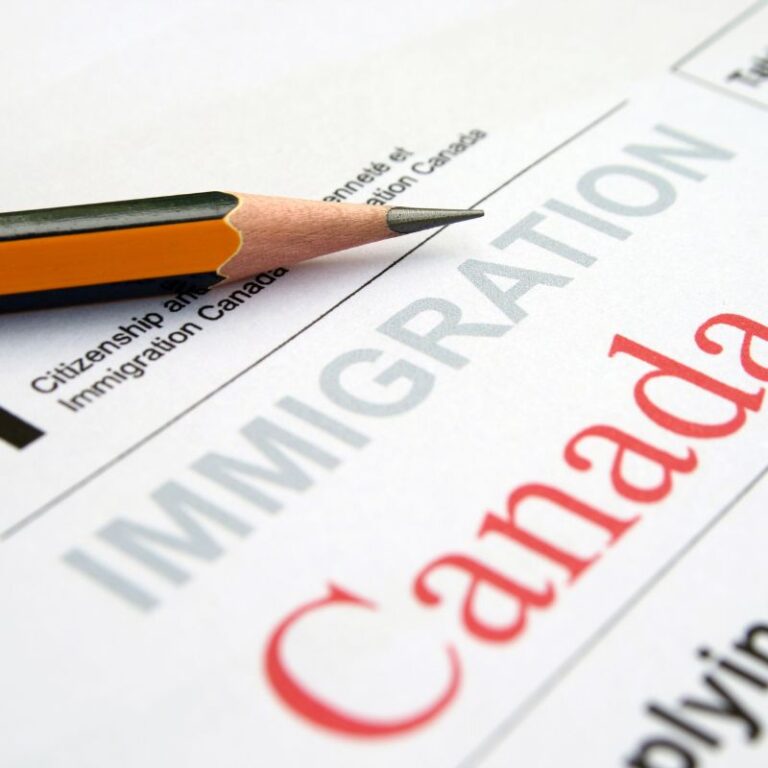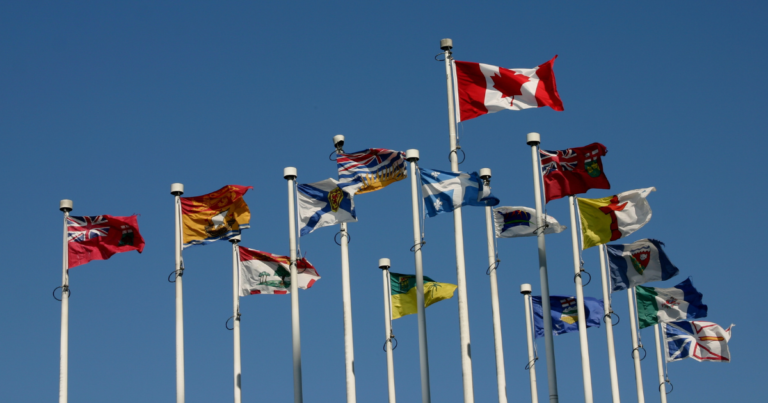How do I obtain permanent resident status in Canada after completing my studies?

Many foreign students wish to obtain permanent resident (PR) status in Canada after their studies. To do so, it is essential to obtain a post-graduation work permit and acquire the work experience required by immigration programs. It is not possible to apply for permanent residency directly after studies without the necessary work experience. This guide will help you understand the options available and the steps to take to obtain PR in Canada.
Step 1: Obtain a post-graduation work permit
Once you've completed your studies, you'll need to apply for a post-graduation work permit, which will allow you to work in Canada for any employer. This permit is issued to foreign students graduating from a Designated Educational Institution (DEI), and offers them the opportunity to gain work experience in Canada.
Stage 2: Acquiring professional experience
Once you've obtained your post-graduation work permit, you'll need to gain Canadian work experience. This experience will be essential to meet the requirements of the various immigration programs that allow you to obtain permanent resident status.
Step 3: Choose the right immigration program
There are several immigration programs for applying for PR in Canada. The most common options for international students who have obtained a post-graduation work permit and gained work experience are as follows:
Canadian Experience Class (CEC) :
Managed as part of the Express Entry immigration system, the CEC is one of the fastest methods of obtaining PR. Eligibility is based on a number of criteria, including age, language skills, level of education and qualified Canadian work experience.
Federal Skilled Worker Program :
Also managed by Express Entry, the Skilled Worker Program (SWP) does not require Canadian work experience, unlike the CEC. It is a merit-based immigration program that uses a points-based Global Ranking System (GRS) to evaluate applicants.
Provincial Nominee Programs (PNP) :
PNPs are immigration programs managed by each Canadian province and territory. They operate differently in each province or territory, and often give preference to applicants with a connection to the province, such as education or work experience.
To apply for permanent residency, you must choose the immigration program that best suits your situation and submit an application to Immigration, Refugees and Citizenship Canada (IRCC).
In summary, obtaining permanent resident status in Canada after graduation requires a multi-step process. First, you need to obtain a post-graduation work permit to work legally in Canada. Next, it's crucial to acquire work experience that meets the requirements of immigration programs. Finally, you need to choose the appropriate immigration program and submit an application to Immigration, Refugees and Citizenship Canada (IRCC).
It's important to note that each immigration program has its own requirements and eligibility criteria. Therefore, it's essential to be informed and prepared accordingly to maximize your chances of obtaining permanent resident status in Canada. Success in this process depends on planning, patience and perseverance to overcome the challenges and obstacles that may arise along the way.







